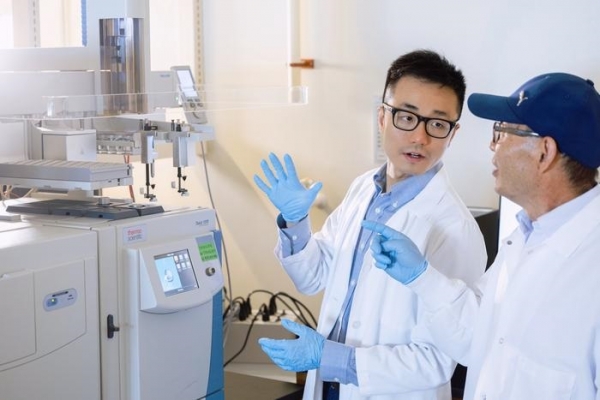Air Pollution During Pregnancy May Disrupt Maternal Metabolism and Raise Risk of Premature Birth, Emory Study Finds
A groundbreaking study led by researchers at Emory University has found that exposure to fine particulate matter (PM2.5) in air pollution during pregnancy can disrupt a mother’s metabolism, potentially increasing the risk of premature birth and other adverse birth outcomes.
Published Thursday in Environmental Science & Technology, the study is the first of its kind to explore how ambient fine particles—tiny pollutants commonly found in urban air—alter key biological pathways in pregnant women.
Researchers analyzed blood samples from 330 pregnant women in the Atlanta metropolitan area to assess how their metabolic processes were affected by PM2.5 exposure. The findings revealed that disruptions in maternal metabolism caused by air pollution were strongly linked to a higher likelihood of preterm and early term births.
“The association between air pollution and premature birth has been documented before, but for the first time, we’ve been able to identify the detailed biological pathways involved and pinpoint specific fine particles that contribute to this risk,” said Dr. Donghai Liang, the study’s lead author and an associate professor of environmental health at Emory’s Rollins School of Public Health.
“This is important,” Liang added, “because understanding the ‘how’ and ‘why’ behind these adverse outcomes gives us a clearer path toward prevention and policy interventions.”
The study adds to a growing body of evidence that highlights the dangers of air pollution during pregnancy, especially in urban environments where PM2.5 levels tend to be higher. Researchers hope the findings will inform public health strategies and regulatory standards aimed at protecting maternal and fetal health.
Read more at: Emory University
(Photo Credit: Emory University)
Donghai Liang, PhD, associate professor at Emory University’s Rollins School of Public Health, led the study that identified key biological changes linked to air pollution exposure during pregnancy.










